In a contentious move, council authorities in east London have initiated the removal of pro-Palestine murals, sparking outrage and debate across the city. The decision, prompted by complaints from pro-Israeli groups, has drawn criticism from local officials and residents alike.
One such mural, depicting four journalists hailed as “Heroes of Palestine,” came under scrutiny in Redbridge, east London, following complaints from pro-Israel lawyers. While council officials in Tower Hamlets proceeded with the removal of similar murals, their actions were met with condemnation from the borough’s mayor, Lutfur Rahman.
Councils’ Push to Remove Political Art Has Ignited an Impassioned Debate
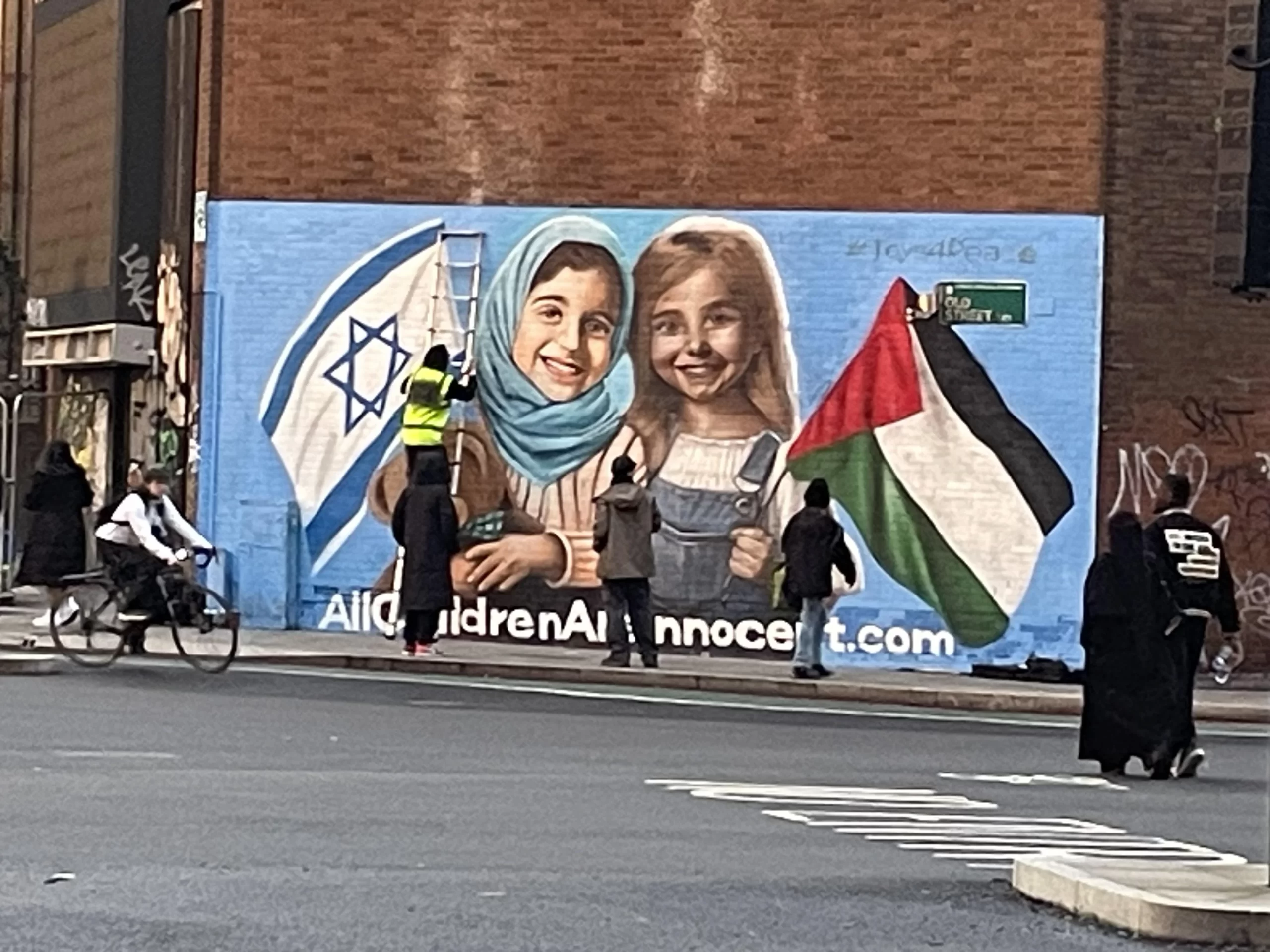
Rahman, expressing dismay over the decision, emphasized that murals commemorating Palestinian lives lost should not be equated with hate speech. His statement underscored the complexity and sensitivity surrounding the issue, highlighting the divergent perspectives within the community.
Meanwhile, artist Alia Shaikh, who collaborated on the Redbridge mural, expressed surprise and disappointment at the council’s response. Describing the artwork as an emotional expression rather than an advertisement, Shaikh questioned the basis for the complaints and called for a reconsideration of the decision.
In response to mounting pressure, Redbridge council announced a review of the mural, acknowledging the need for further assessment. However, the controversy surrounding the murals reflects deeper tensions within the community, with concerns raised about freedom of expression and the portrayal of contentious political issues.
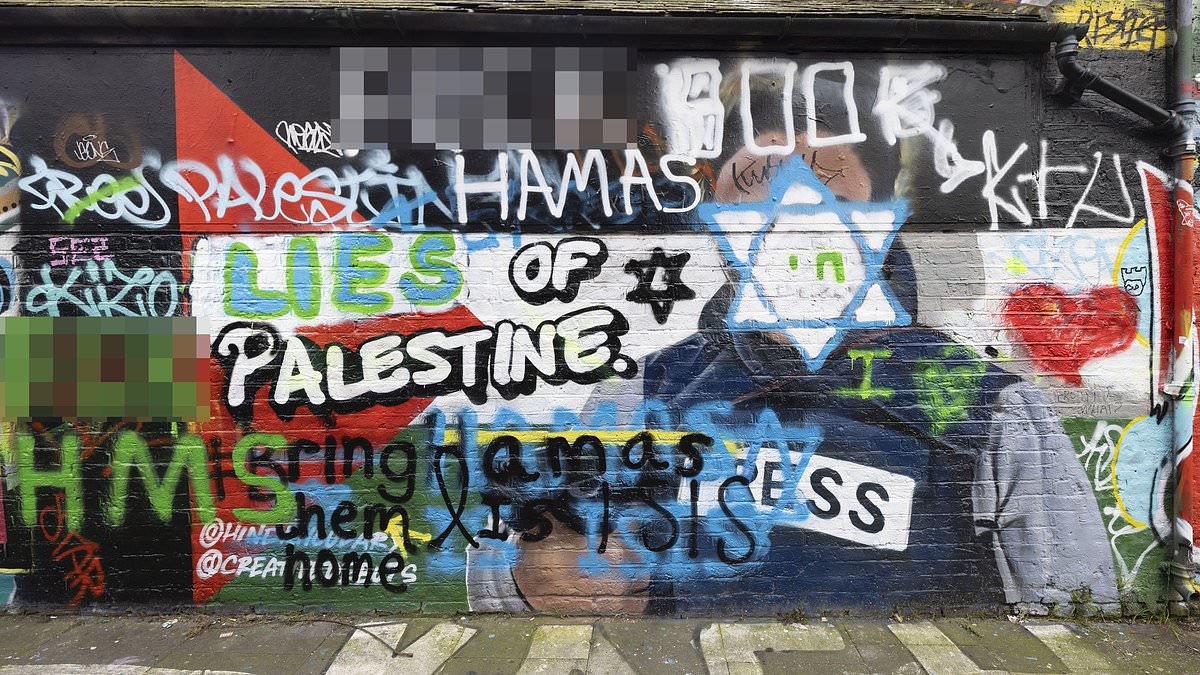
The involvement of groups like UK Lawyers for Israel added fuel to the fire, with assertions that the murals were divisive and infringed upon community cohesion. Despite legal arguments advocating for their removal, critics viewed the actions of the councils as authoritarian and unwarranted.
Labour MP Sam Tarry condemned Redbridge council’s actions as “an authoritarian act of harassment,” urging an immediate reversal of the decision. He emphasized the importance of raising awareness about human rights abuses in Palestine and called for a more nuanced approach to addressing the conflict.
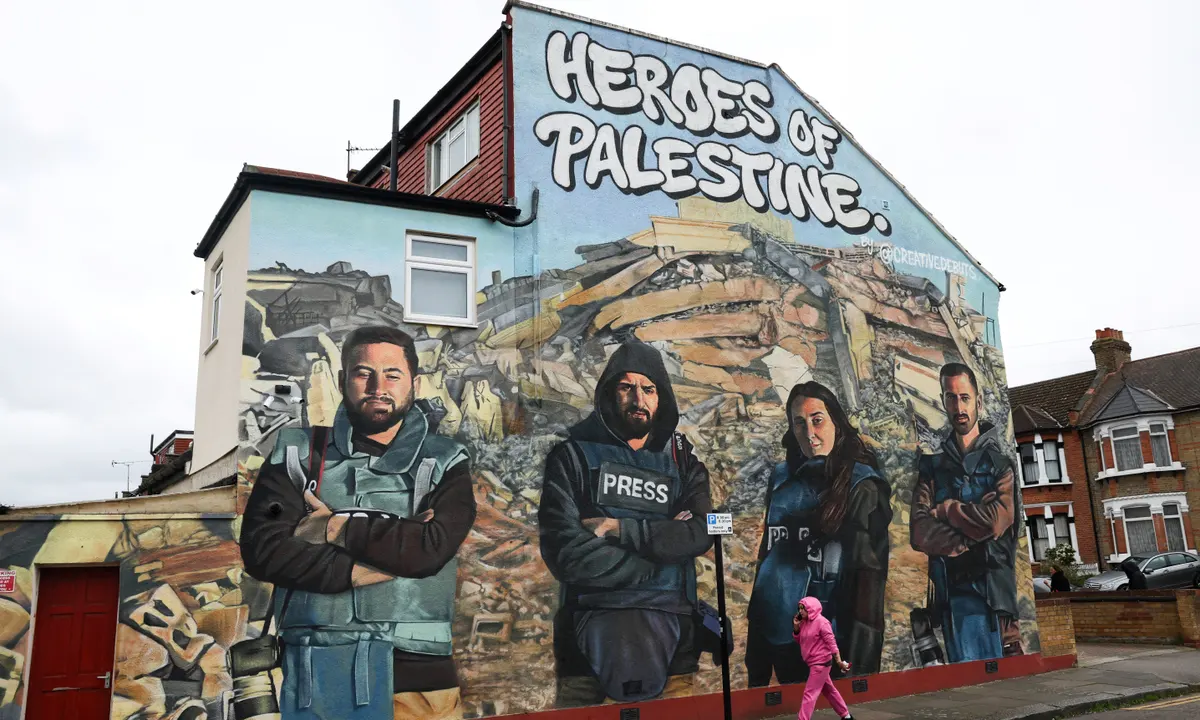
As the debate rages on, questions persist about the role of local authorities in regulating public art and balancing competing interests within diverse communities. The removal of pro-Palestine murals has ignited a broader conversation about censorship, activism, and the limits of political expression in contemporary society.

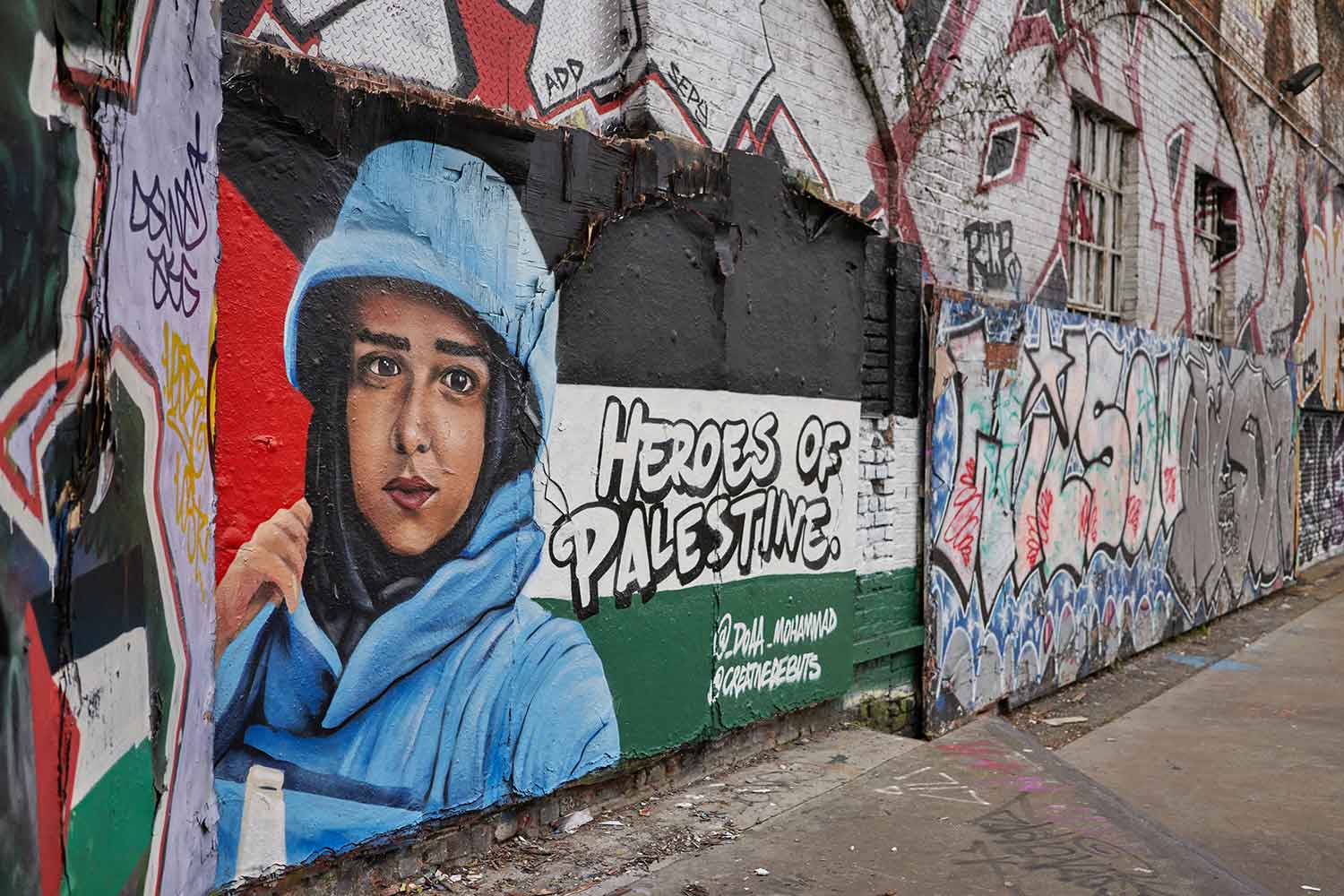
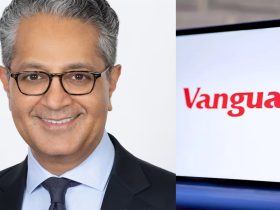



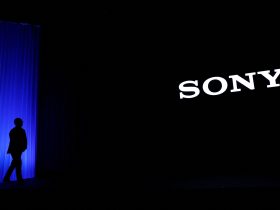
Leave a Reply